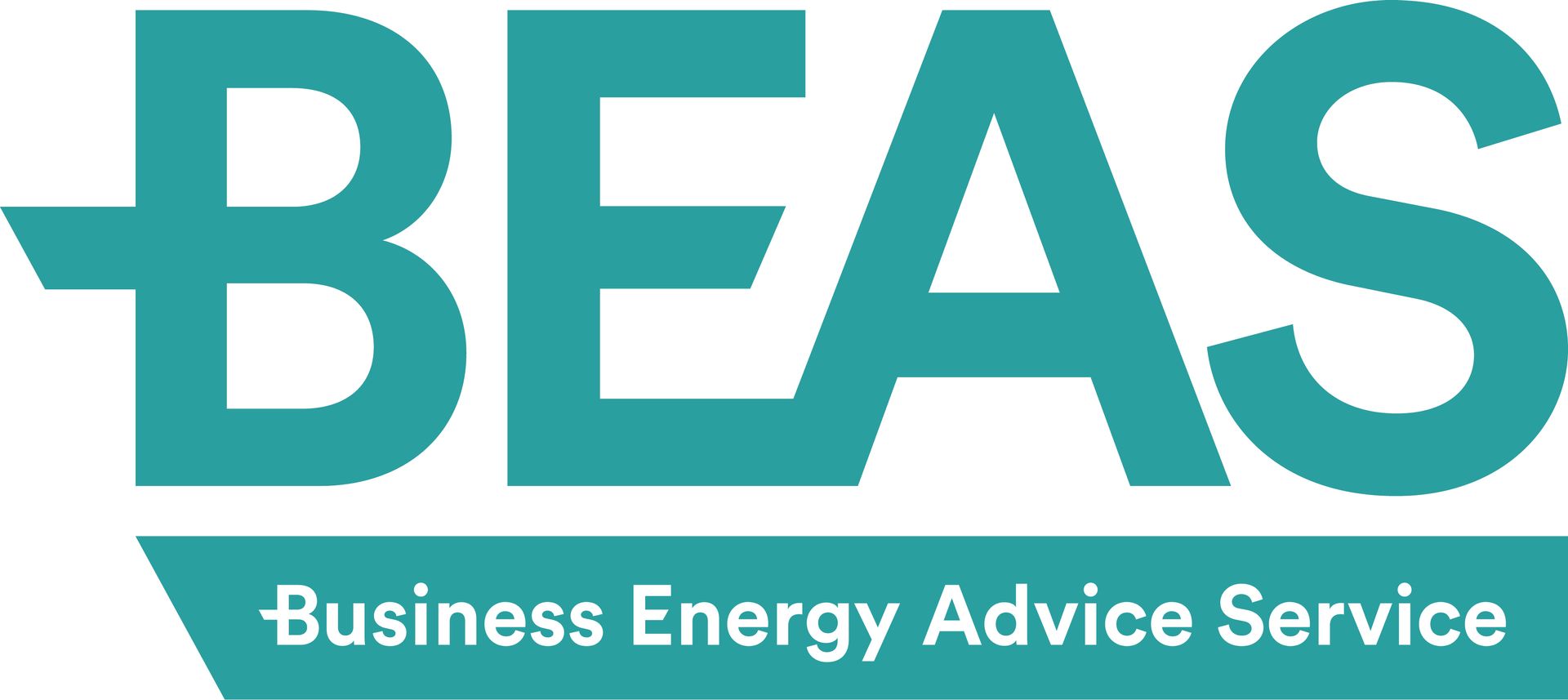Why ESG Matters in the Care Sector?
Environmental, Social and Governance (ESG) considerations aren’t just buzzwords these days – they’re fast becoming central to running a successful care business. With more scrutiny from the CQC on sustainability within the ‘well-led’ assessment criteria, care providers need to see ESG as a critical opportunity, and not just a box to tick. So, the experts from our Corporate Partner Citation are here to give you an outline of what ESG is and what it means for your care service.
So, what is ESG?
ESG involves three key areas:
- Environmental focuses on reducing your service’s impact on the world, such as energy use, waste management and carbon reduction.
- Social considers the wellbeing of employees, service users and the wider community. This could mean fostering diversity, improving Health & Safety or making sure your data is secure.
- Governance relates to how your organisation is run. Accountability, transparency and ethical decision-making come under this category.
Why ESG is a game-changer for care providers?
Strong ESG credentials don’t just help the planet or benefit your staff members – they translate into tangible business benefits. A commitment to sustainability can help attract and retain employees by demonstrating your care for their wellbeing and working environment. It can also help your reputation, making your business more appealing to stakeholders, funding organisations and service users.
Plus, introducing sustainability initiatives means you can show CQC inspectors you’re actively reducing your environmental footprint, which is vital since the CQC has recently started focusing even more on sustainability.
How do you embed positive ESG practices in your care service?
ESG can seem daunting – so here’s a few ways to get started.
1. Develop your stance
Developing a stance and vision for your social purpose could be as simple as working with senior leadership and your employees to put it into one clear statement, or you could embed it into your company values. Whatever you do, it’s important to make sure everyone in your business knows about it.
2. Review your policies and practices
Make sure your policies and practices are in line with your sustainability goals, and check if anything new needs to be introduced to make sure employees know what they need to do. This could include new policies designed to…
- Encourage greener travel
- Reduce email traffic
- Encourage effective recycling
3. Engage your people
It’s not just about what you do – your employees need to be engaged too, as they’re your superpower for achieving your sustainability goals. You could appoint a sustainability champion to get everyone’s ideas on improving ESG practices, and make sure everyone’s voice gets heard.
4. Encourage ownership
For ESG to be truly effective, everyone needs to feel empowered and motivated to own their role in your ESG strategy – and it won’t just help you achieve your goals but improves your reputation as an employer and unites your team behind a common goal.
5. Break it down
Knowing how to make sustainability achievable can be intimidating, especially when faced with ambitious targets. It’s vital to break sustainability down into actions that are achievable and tangible – so start small and build up when you’ve got everyone on board.
Here are some ideas and tips to help you think about how you can be more environmentally sustainable…
- Are your lights and electrical equipment switched off when not in use? This includes laptops, desktop computers, phones, printers and chargers)
- Are your appliances well maintained? Keeping your electrical work equipment energy efficient is all down to maintenance.
- When it comes to hot water do you and your employees only heat what you need, when you need it?
- Are your doors and windows properly sealed and kept closed when heating/air con is on? Older doors and windows can be a major source of heat and/or cooling loss in buildings, as well as leaving doors open.
- Could you reduce how much paper you use to cut waste?
Citation – here to help.
To see how Citation could help your business get ready for inspection and show everyone that you’re prioritising ESG, get in touch on 0345 844 1111 or click here and remember to quote ‘West Midlands Care Association’ when enquiring to access preferential rates.




















